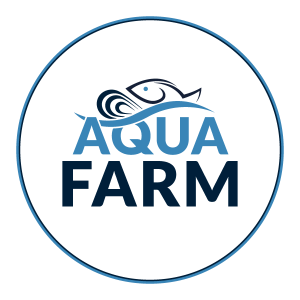The sustainability indicator framework to communicate responsible aquafood production and consumption patterns
what is verifish?
Latest news
Future Events
VeriFish - Final Event
Join us in March for the VeriFish Final Event. This event is going to be organised together with the EU-funded project FishEUTrust.
More information and registration soon.
MARCH 10-12 2026
Brussels, Belgium

AQUAFARM 2026: Sustainable production of food from water
Arctic Frontiers 2026: Turn of the Tide
Seafood Expo Global | Exhibit in Barcelona in 2026
Join US
Join Us in Promoting Sustainable Seafood
By supporting the VeriFish project and making informed choices, you can help ensure that our oceans remain healthy and productive for future generations. Whether you’re a consumer, retailer, or policymaker, your actions can make a difference. Explore the VeriFish project today and discover how you can contribute to a more sustainable seafood future.
Together, we can make a positive impact on our health, our environment, and our communities. Choose sustainable seafood and be part of the solution with VeriFish.

Join us


What we are going to do
What is VeriFish going to do
1. Relevant Indicators
Develop a prototype of a web-based app that will indicate which indicators are relevant and how to visualize them.
2. Raise Awareness
Design, develop and disseminate several types of media products to raise awareness on the benefits of seafood consumption.
3. European Good Practice recommendations
Provide an EU Good Practice recommendation for how to efficiently organise sustainable seafood consumption campaigns, and to publish this recommendation as a CEN Workshop Agreement (CWA)

Funded by the European Union
Funded under the HORIZON-MISS-2023-OCEAN-01-10 “Choose your fish: a campaign for responsible consumption of products from the sea” call and the Mission “Restore our oceans and waters”. Read more

Funded by the European Union
Views and opinions expressed are however those of the author(s) only and do not necessarily reflect those of the European Union or CINEA. Neither the European Union nor the granting authority can be held responsible for them. Read more





